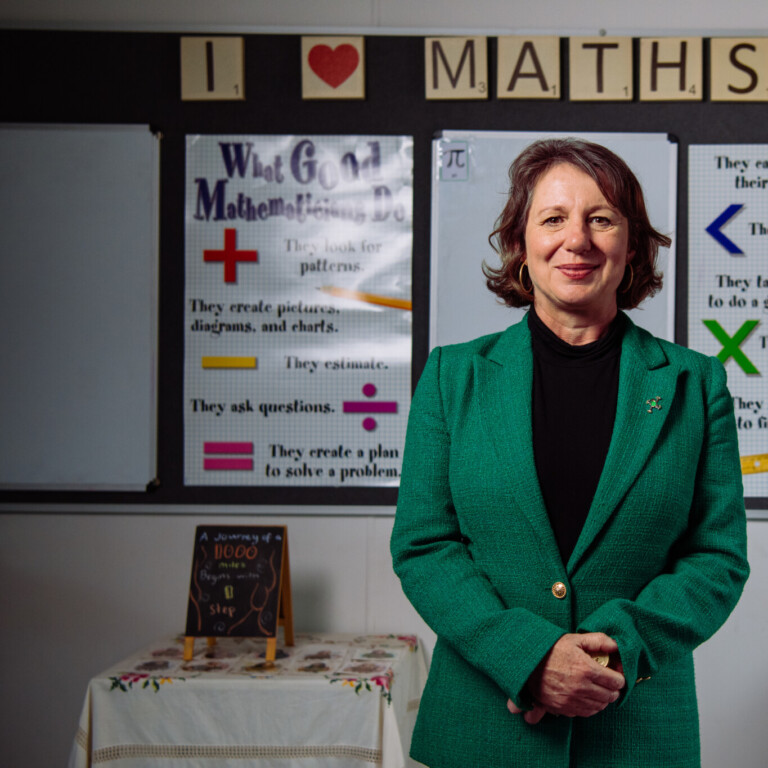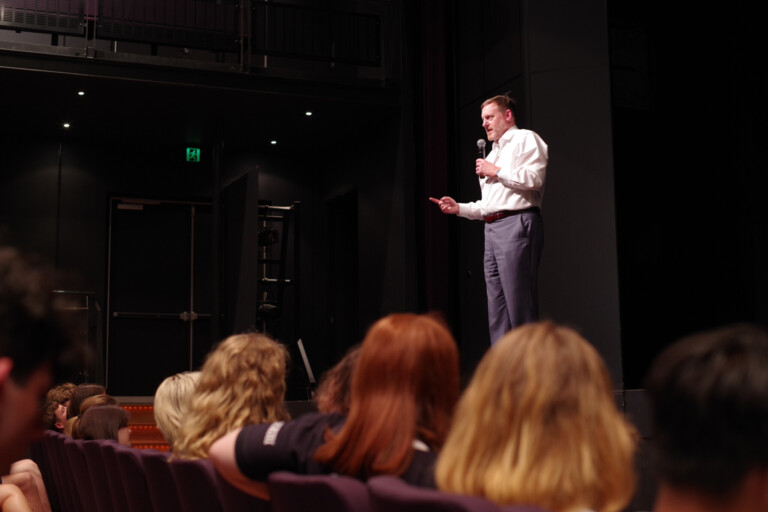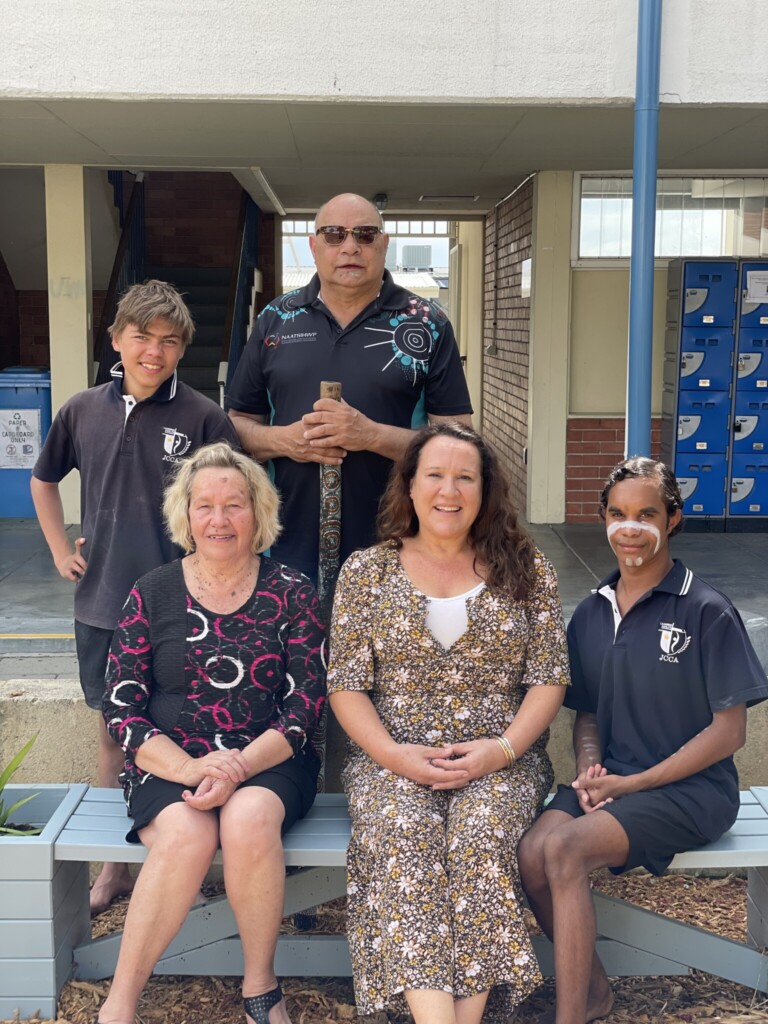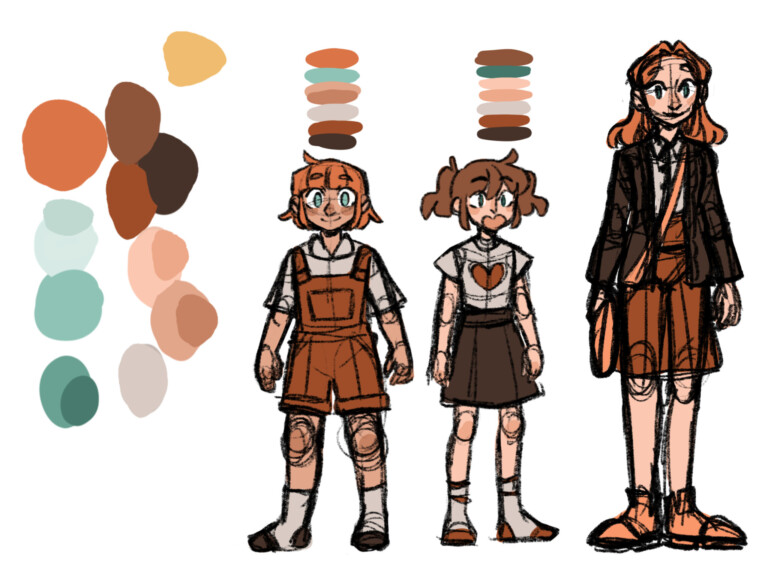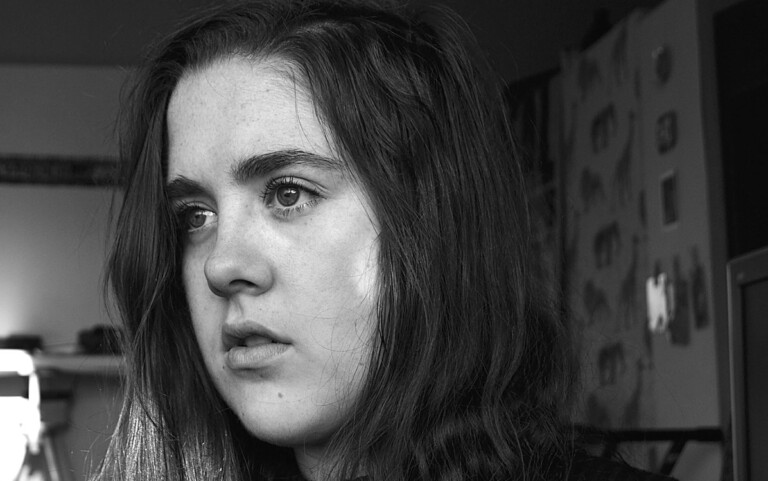Introducing some of the guest Directors for our upcoming Senior Drama production of Life is a Dream!
Each night this performance presents two plays offering different perspectives of life and asks us to consider our own dreams. We sat down with the directors to find out more about their shows and their creative process.
Remo Di Filippo and Rhoda Lopez of Di Filippo Marionette have been working with students on Life is a Dream, a 16th Century surrealist Spanish play that explores the conflict between fate and free will, “brought to life with inspiration from Commedia dell’arte techniques and lots of ensemble (team) work!”
Elisa Williams has selected Machinal, a dystopian, feminist work that is based on a true story, “grappling with questions about autonomy, identity and the pursuit of individuality within a rigid world.”
Book now to avoid missing out on this compelling thought-provoking production which opens on August 16.
Read the full interviews with the directors below:
Elisa Williams – Director (Machinal)
Elisa trained in acting at the Victorian College of the Arts and went on to study physical theatre with Théâtre de Complicite in the UK and with the Jacques Lecoq Ecole in Paris. Over her career she has performed in theatre, film and television in Melbourne, Sydney, Perth, Singapore, the UK and Europe. As an independent performance maker Elisa’s work has been performed in theatres and festivals across Australia and the UK. Elisa teaches at WAAPA across the Schools of Acting, Music Theatre and Performance Making and has recently completed her PhD in collaborating with First Nations artists in theatre. She founded Boss Arts Creatives in collaboration with First Nations artists Della Rae Morrison and Simon Stewart and collaborates on original performances with emerging First Nations Artists.
Remo Di Fillipo– Co-Director (Life is a Dream)
Remo didn’t know what to study at school and so chose the path of Geometry in High School (Italy), not knowing that later it would become useful in his puppetry design! Before discovering the world of puppetry however, he graduated with a Doctorate in Theatre History from the University of Bologna (DAMS) Italy, and he complemented his training with studies in disciplines such as Commedia dell’arte, the neutral mask, the larval mask, magic, pantomime, voice and movement on stage. He worked as an actor with several Italian-Spanish companies in 2010, receiving awards for their dynamic and highly entertaining Commedia dell’Arte productions, and then entered the world of puppetry, where he has since created his own Puppet Theatre Company called “Di Filippo Marionette”. Since 2014 Rhoda Lopez has been a part of the company and they have been creating and touring shows around the world. Being a puppet builder and general creative, Remo finds himself constantly learning with whatever project he sets his mind to, so one can say that his education continues as he works and invents, works with students or participants who want to learn, and as he researches and performs!
Rhoda Lopez – Co-Director (Life is a Dream)
Rhoda is a WAAPA graduate (BA Music Theatre) and has had the honour of working at JCCA in the past! Before she joined “Di Filippo Marionette”, she worked extensively in WA as a performing arts coach, and also as an actor with theatre companies such as Deckchair Theatre, Black Swan State Theatre Co, Barking Gecko Theatre Co, and many independent theatre companies. She is thrilled to be returning to JCCA with Remo Di Filippo, to share her knowledge, theatre training and live performance experience.
How would you describe your show in three words?
R&R: With a team mindset and a playful joyful approach, any character can be embodied and any text can be tackled and presented in a satisfying way! Surrealist/
E: Dystopian/Expressionist/Feminist
What are the challenges of bringing this script to life?
R&R: Our first challenge was Cutting down a 2.5hour 16th century Spanish philosophical religious play into 45 minutes for a group of 15/16 year old students… Brought to life with inspiration from Commedia dell’arte techniques and lots of ensemble (team) work!
We also faced challenged with the language style and vocal techniques, not having enough time to work the characters in great depth as we would like to have, but overcome by understanding physicality, gesture, and doing everything larger than life and with GREAT JOYFULNESS, no matter what happens!
E: This play has a two and a half hour run time and is made up of 9 scenes that are called Episodes. My main challenge was to edit it down to 50 minutes without losing any of the narrative, and without breaking the undercurrent of tension that runs through the play. It was also written within the genre of expressionism, and you can see this reflected in the way the author uses language, rhythm and pace – especially in some of the monologues. I decided to keep each of the episodes but to edit into each one, pulling out only the most important dialogue so that the story can be told and that the young woman, and the dehumanising, mechanical world that she lives in is revealed and is palpable to the audience. This is also based on a true story, and I wanted that story to be honoured, so piecing together all of these edits into one coherent and exciting whole was our greatest challenge.
How do you want the audience to feel when they leave the theatre?
R&R: Feeling more intelligent after having understood the language of the play, feeling entertained and light, and in awe with admiration for the amount of team work and effort that has gone into a production that has had such a short timeframe to work with.
E: I want the audience to leave the theatre with a mix of emotions; a sense of unease and discomfort as they witness the young woman’s struggles against societal norms and her eventual act of rebellion – as well as shock at the final outcome of the true story. I am hoping that the way we have used the expressionistic style, coupled with the exploration of themes like conformity, dehumanization and the limitations imposed on women leave a lasting impact on the audience. As they exit, maybe they will be contemplating the parallels between the story’s 1927 setting and the contemporary world we now live in – grappling with questions about autonomy, identity and the pursuit of individuality within a rigid world.
What is your favourite memory from directing at JCCA?
R&R: The great willingness, enthusiasm and generosity from the students, wanting to be there, to learn, to play, to work together, to grow as actors and as people; we feel very privileged and honoured to have worked with such a wonderful group of students and professional staff!!! (We hope it won’t be the last time!)
E: I have had the pleasure of directing several shows at JCCA and have loved each one for different reasons. I think what makes the experience so special are the students and the staff. JCCA drama students are just excellent to work with, they are playful, open, creative, respectful and a joy to direct. On this show I really pushed our cast, they had to step into roles designed for much older actors, they had to deal with difficult language, heavily emotional scenes and – the most difficult for teenage actors – a love scene! They approached all this with great professionalism and I think it shows in the performance. I also enjoy working with the JCCA drama and production staff, I am always impressed by how well they know their students and how much they care about them. They really work hard to make sure the students have a professional experience and as a director it is great to have their support to draw on through the process.

